Networking Equipment in the UK: A Comprehensive Overview
In an increasingly connected world, the demand for reliable and efficient networking equipment in the UK is higher than ever. Whether you’re a small business owner, a tech enthusiast, or simply looking to enhance your home network, understanding the types of networking equipment available can help you make informed decisions. This article will explore the various types of networking devices, their functions, and what to consider when purchasing networking equipment in the UK.
Understanding Networking Equipment
Networking equipment refers to the hardware devices that enable communication and data transfer between computers, servers, and other devices within a network. These devices are crucial for establishing connections, managing data traffic, and ensuring the security and efficiency of your network.
Key Types of Networking Equipment
1. Routers
Routers are essential for directing data traffic between your local network and the internet. They act as the gateway, ensuring that data packets reach their intended destinations efficiently.
- Functionality: Routers connect multiple devices to the internet and often include features such as firewall protection and DHCP (Dynamic Host Configuration Protocol).
- Types: There are various types of routers, including wired, wireless, and mesh routers. Mesh routers are particularly useful for larger homes or offices, providing seamless coverage throughout the space.
2. Switches
Switches are used to connect multiple devices within a local area network (LAN). They allow devices to communicate directly with one another, enhancing the efficiency of data transmission.
- Functionality: Unlike routers, which direct data to the internet, switches manage traffic within the network. They create a network by connecting devices like computers, printers, and servers.
- Types: Unmanaged switches are simpler and require no configuration, making them ideal for smaller setups, while managed switches offer more control over network traffic and settings.
3. Access Points
Access points (APs) extend the coverage of your wireless network. They enable wireless devices to connect to the network and are particularly useful in larger spaces where the router’s signal may be weak.
- Functionality: APs bridge wired and wireless networks, allowing devices to connect without needing to be physically wired to the router.
- Benefits: They can help eliminate dead zones in your network, ensuring consistent connectivity throughout your home or office.
4. Modems
Modems connect your network to the Internet service provider (ISP) and convert the signals from your ISP into a digital format that your devices can understand.
- Functionality: Modems are necessary for establishing an internet connection and typically work in conjunction with a router.
- Types: DSL, cable, and fiber modems are available, each suited to a different type of internet connection.
Choosing the Right Networking Equipment
When selecting networking equipment in the UK, consider the following factors:
1. Network Size and Type
The size of your network will dictate the type and amount of equipment you need. A small home network may require only a rudimentary router and a couple of access points. At the same time, a larger business might need multiple switches, routers, and access points to ensure reliable connectivity.
2. Performance Requirements
Evaluate your network’s performance needs. If you have many devices or require high-speed connections for tasks like video conferencing or gaming, look for equipment that supports the latest standards, such as Wi-Fi 6.
3. Budget Considerations
Networking equipment can vary widely in price. Determine your budget before shopping, but remember that investing in quality equipment can save you time and frustration in the long run.
4. Future Scalability
Choose equipment that can grow with your needs. Scalable solutions allow you to add devices or upgrade your network without starting from scratch.
Where to Purchase Networking Equipment in the UK
If you’re looking to buy networking equipment in the UK, consider trusted suppliers like Networking Arts. They offer a wide range of products suitable for various needs, from home users to large enterprises.
Additionally, you can check Networking Arts’ shop for the latest deals and products tailored to your specific requirements. Other options include online retailers like Amazon and local electronics stores that specialize in IT equipment.
Best Practices for Networking Equipment
To ensure your networking equipment operates at its best, follow these best practices:
1. Keep Firmware Updated
Regularly updating your equipment’s firmware can enhance security and improve performance. Manufacturers often release updates to address vulnerabilities and optimize functionality.
2. Monitor Network Performance
Utilize network monitoring tools to track performance metrics. This can help identify issues before they impact your network’s reliability.
3. Implement Security Measures
Securing your network is crucial. Use strong passwords, enable encryption, and regularly review your network’s security settings to protect against unauthorized access.
Common Mistakes to Avoid
When purchasing networking equipment, avoid these common mistakes:
1. Neglecting Compatibility
Always check that the equipment you choose is compatible with your existing network setup. Incompatible devices can lead to connectivity issues.
2. Overlooking Future Needs
Don’t just focus on immediate needs; consider how your network might grow in the future. Invest in scalable solutions that can adapt to changing requirements.
3. Ignoring Customer Support
Consider the level of customer support offered by the brand. Reliable support can be invaluable if you encounter technical issues down the line.
Conclusion
Investing in the right networking equipment in the UK is essential for ensuring a reliable and efficient network. By understanding the types of devices available and considering factors like network size, performance requirements, and budget, you can make informed decisions that enhance your connectivity.
For further insights into networking equipment and technologies, explore this comprehensive guide on Networking Hardware. Staying informed will help you choose the best equipment for your specific needs.
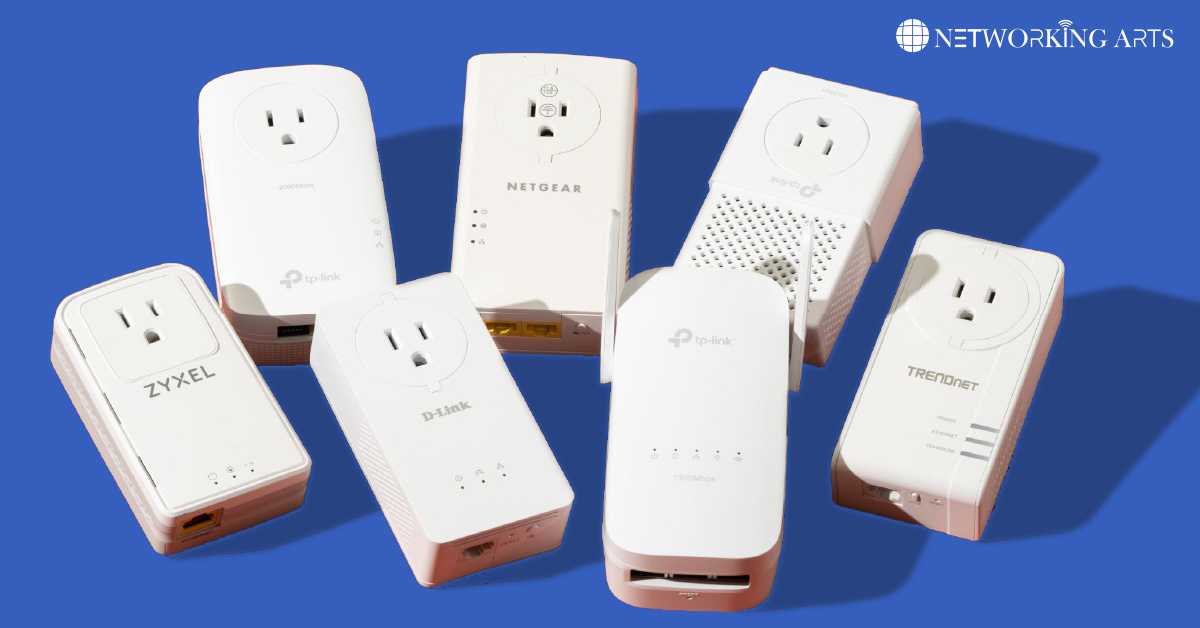

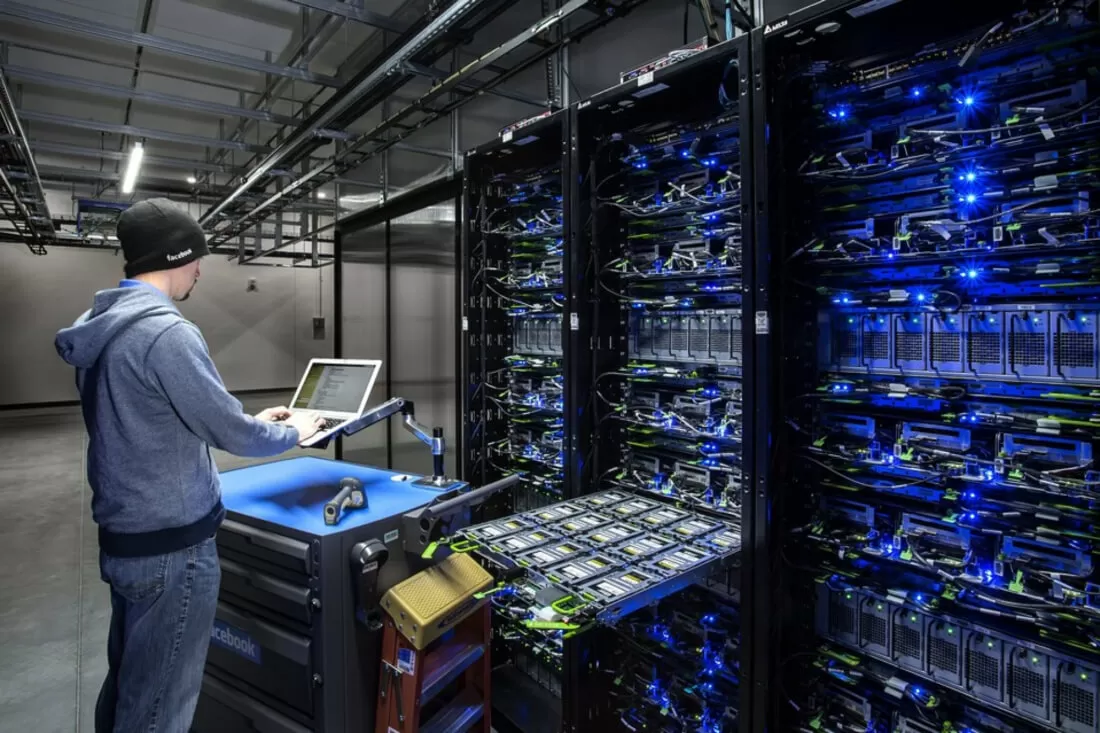



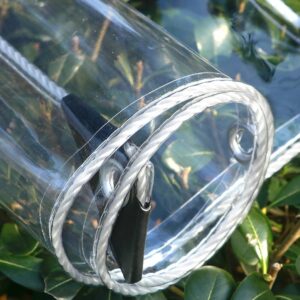


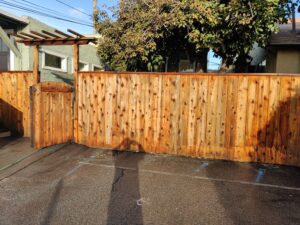


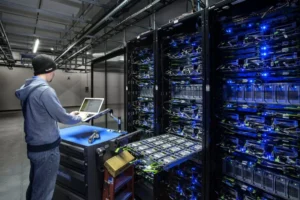

Post Comment